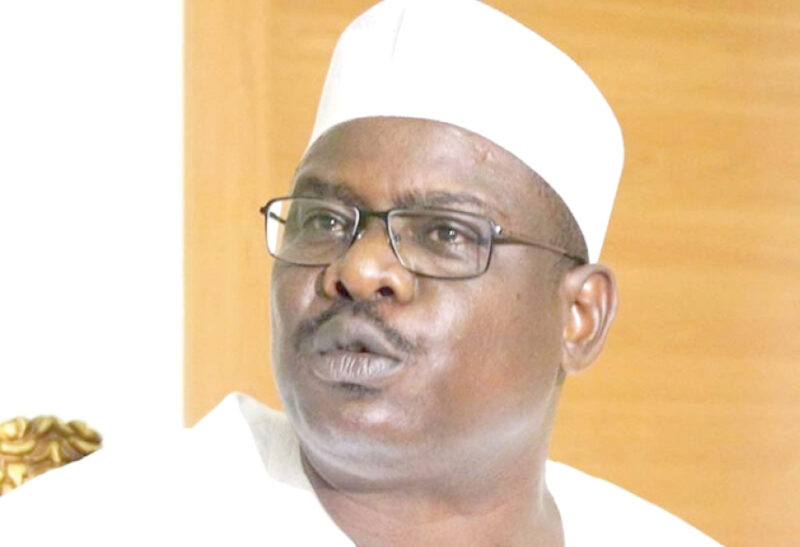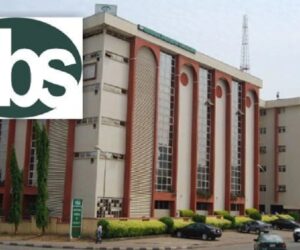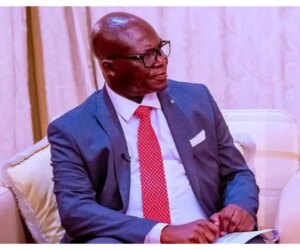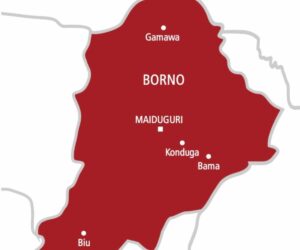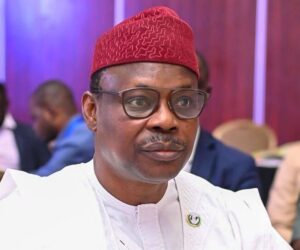Senator Ali Ndume, lawmaker representing Borno South, says the Nigerian Senate is not responsible for screening nominees forwarded by the presidency for ministerial or other appointments.
Ndume made the clarification while speaking on Channels Television’s Politics Today, in response to public criticism following the resignation of Uche Nnaji, former Minister of Innovation, Science and Technology, over alleged certificate forgery.
Nnaji resigned earlier in the week after a PREMIUM TIMES investigation revealed inconsistencies in his academic records.
SPONSOR AD
He, however, denied any wrongdoing, describing the report as a “sustained campaign of falsehood,” and said his resignation was out of respect for due process and ongoing court proceedings.
Ndume explained that the Senate’s role in the appointment process is limited to confirmation, while the actual screening and background checks are handled by security agencies — primarily the Department of State Services (DSS).
“We are not screening — get this clear. Screening and confirmation are two different things,” he said. “Before the president sends a candidate to the Senate, several processes are involved, including checks by the DSS. The DSS has to clear the person first.”
He noted that the Senate relies heavily on security reports in making confirmation decisions and has in the past rejected nominees based on DSS findings.
“Last time, the DSS brought a report against someone and we rejected the person,” Ndume recalled. “So don’t say we are not doing our job. We don’t do screening — we only confirm.”
The lawmaker also lamented the prevalence of document forgery in Nigeria, saying the problem cuts across various sectors.
“This issue of forgery is a big problem in Nigeria. It’s not just among politicians,” he said.
Ndume emphasized that the Senate would continue to depend on due diligence by security agencies to ensure that only qualified and credible individuals are confirmed for public office.

